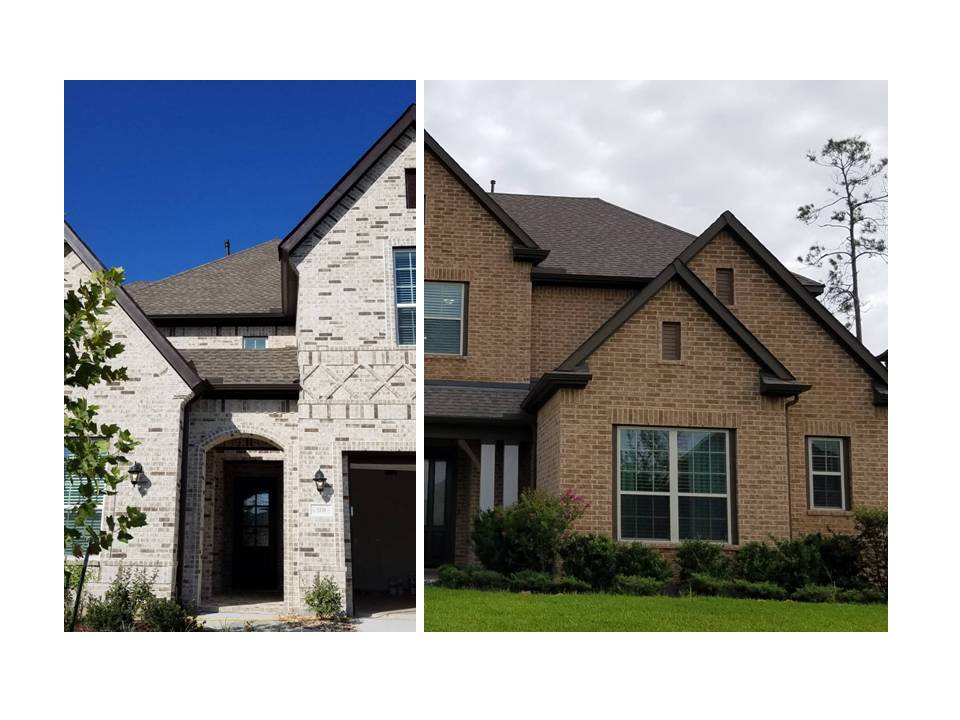There are advantages and disadvantages of buying a newly built home or a previously owned home. Which one is best for your situation depends on many factors including finances, location, and lifestyle. There will be trade-offs no matter which type you choose. As an inspector, both types of homes will have deficiencies that need to be addressed and maintenance items to perform. So choose the one that best meets your current needs and desires as well as future goals.
Price Points to Ponder
Newly constructed homes tend to cost up to 20% more than existing homes. However, new homes are more energy efficient which will translate into lower utility bills. Homeowner’s insurance premiums may be lower in a new home because it has the most up-to-date electrical and plumbing codes. When considering the price of a new home, don’t forget the neighborhood fees. They vary based on the neighborhood, not the home.
Location, Location, and Relocation
Brand new homes and neighborhoods tend to be built on the outskirts of the city suburbs, so commute time and distance may become an issue. Access to grocery stores and other amenities may not be close in new neighborhoods, since it takes time for areas to become thriving centers of commerce. For example, the neighborhood infrastructure may only include one internet provider.
Think about selling features when buying a home. Good neighborhoods with low crime statistics and highly-rated schools top the list for resale value. Be aware that just because a neighborhood is new doesn’t mean that the statistics will automatically be good; it may not have existed long enough for data to have been gathered.
The relocation process may be easier with a pre-owned home because you are not waiting on a builder to finish the project. Builder delays or other issues could prevent you from moving in on schedule. If this happens, you could rent or stay with family and store your furnishings to accommodate those delays.
Design Adds Value
New homes design layouts that will appeal to the largest number of buyers at the time. Currently new homes offer more bathrooms, more electrical receptacles, wiring for internet and security, and open floor plans. It is ready for modern life. However, there is very little change in color schemes or personalization in a pre-built new home.
Pre-owned homes may not have the newest “smart” technology installed, but they have more personality and charm. If you prefer mature trees, larger yards, and varied architecture older neighborhoods can be your favorite. You can find a home with a floor plan you like. Or, you can remodel an existing home to meet your needs.
The Secret Isn’t Creation, It’s Maintenance
Every home needs maintenance. While it might be true that your new home needs less maintenance at first, it’s no guarantee. A well-maintained older home has proven its durability and the neighborhood’s progress has a track record. New homes and neighborhoods have not withstood the test of time and weather events which can affect the structure greatly.
Your first line of defense is to have the home inspected by a licensed third party home inspector. Even brand new homes have defects that need to be addressed. We have found cracked structure boards in the attic, plumbing leaks, dangerous electrical issues, and appliances that don’t work in brand new homes. With either type of home, ownership means continued maintenance and development of the property.
Never Stop Investing
Everyone wants to maximize their investments. Think about how long you might live in the home. If you buy one of the first homes built in a community and need to sell while other houses are still being built, that will be difficult. The attraction of a never-been-lived-in home in the same community is tremendous. It is likely you will have to offer a lower price to attract buyers. Once the builders finish the development and move out, this temporary problem disappears. For older areas you can check the county records to predict how much the value might continue to rise.
Visiting open houses is a good way to figure out what you prefer before committing to a real estate agent and getting pre-approved for a loan. Check out our House Hunter’s Guide to help you find your dream home more quickly. The more thoughtful information you can provide the real estate agent, the more productive your time together will be. Enjoy the journey of discovery and may the best house win!

